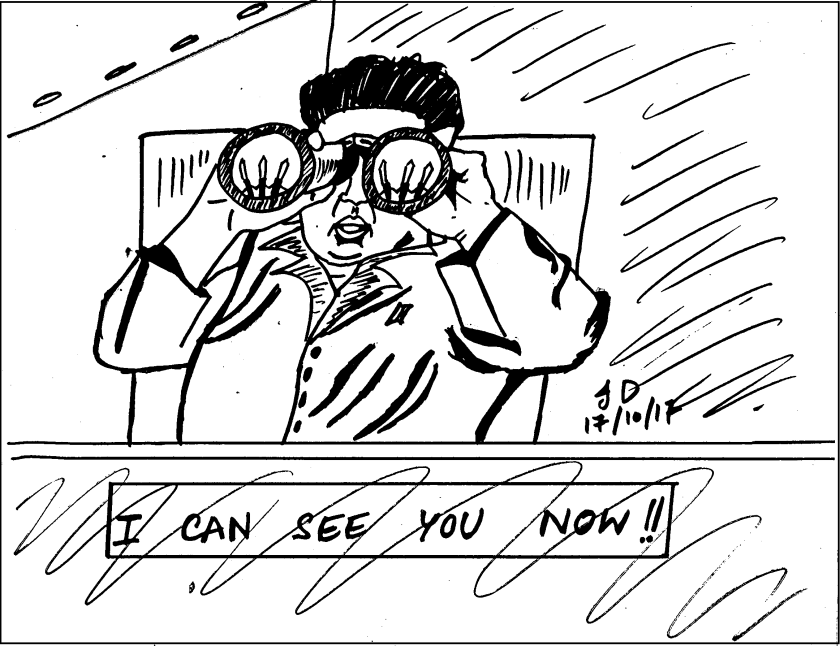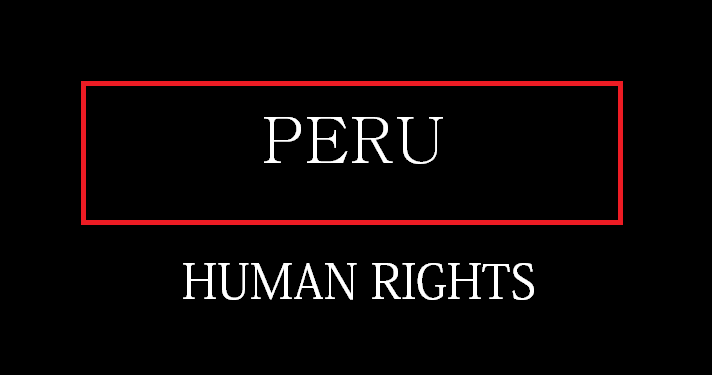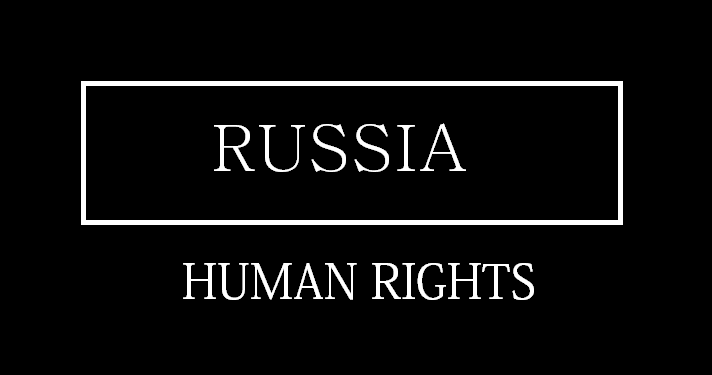
North Korea’s ambitions
North Korea has made it very clear that it will not be left behind in the race for power. After a series of nuclear weapons tests, Kim Jong Un has managed to rattle the entire international community. The last and the most powerful test (thus far) apparently involved the detonation of a hydrogen bomb which has the capacity to cause more damage than the atomic bombs dropped on Hiroshima and Nagasaki during World War II. This follows the two intercontinental ballistic missile (ICBM) tests which were conducted in July. These tests alarmed the US and a war of words ensued between the two leaders. However, an important question which arises is this: To what extent has North Korea developed its nuclear weapons programme? Can it pose a serious threat to its enemies and neighbours?
How far has it gone?
According to some experts with The Guardian, North Korea may not be far from developing a fully functional ICBM. They need to complete the miniaturization process so that the bomb fits the nuclear missile. While North Korea claims that it has successfully ‘miniaturized’ nuclear warheads, international experts have expressed skepticism regarding its claims. However, according to information leaked to The Washington Post in August, US intelligence officials now believe that North Korea possesses the capability of miniaturization. Japan is also not dismissing the country’s nuclear potential. The intermediate range ballistic missile tested by North Korea in August, passed over Japan, indicating that Kim Jong Un also intends to unsettle his country’s neighbours.
History of its nuclear programme
North Korea’s nuclear capacity building started in the early 1950s. Effective nuclear work began to progress once cooperative agreements were established with the Soviet Union. However, though an initial stimulus was provided by the Soviet Union, North Korea’s nuclear programme was largely indigenous. By the early 1980s, North Korea had constructed uranium milling facilities, fuel rod fabrication complex, and a nuclear reactor, along with research and development institutions. In 1985, it decided to sign the Treaty on the Non-Proliferation of Nuclear Weapons (NPT) as a non-nuclear weapon state. However, it withdrew from the NPT in 2003 in retaliation to US sanctions. The Six-Party Talks between North Korea, South Korea, Japan, China, Russia, and the US began in 2003 with the goal of denuclearizing the Korean Peninsula. However, these talks have been suspended since April 2009.
Conclusion
According to a Senior Fellow with the Council on Foreign Relations, the Six-Party Talks have yielded little progress in denuclearizing North Korea. The Preparatory Committee for the 2020 Review Conference of the Parties to the NPT recognised in its May 2017 report that despite the international community’s strong and persistent opposition, North Korea had not ceased its nuclear programme. While North Korea seems determined in expanding its nuclear capacity, according to The Envoy, diplomacy has failed to deter its nuclear ambitions. While the world is grappling with North Korea’s actual nuclear capabilities, President Donald Trump has reacted to North Korea’s nuclear tests by saying that, “They will be met with fire and fury like the world has never seen.” While diplomacy may not be the solution in this case, neither is a full-blown military war with North Korea. The North Korea problem is a tricky one and the international community has to participate actively and think of ways to handle Kim Jong Un and his nuke dreams.
For an overview of The Envoy’s coverage of World Affairs, please visit http://www.theenvoy.in/World/



